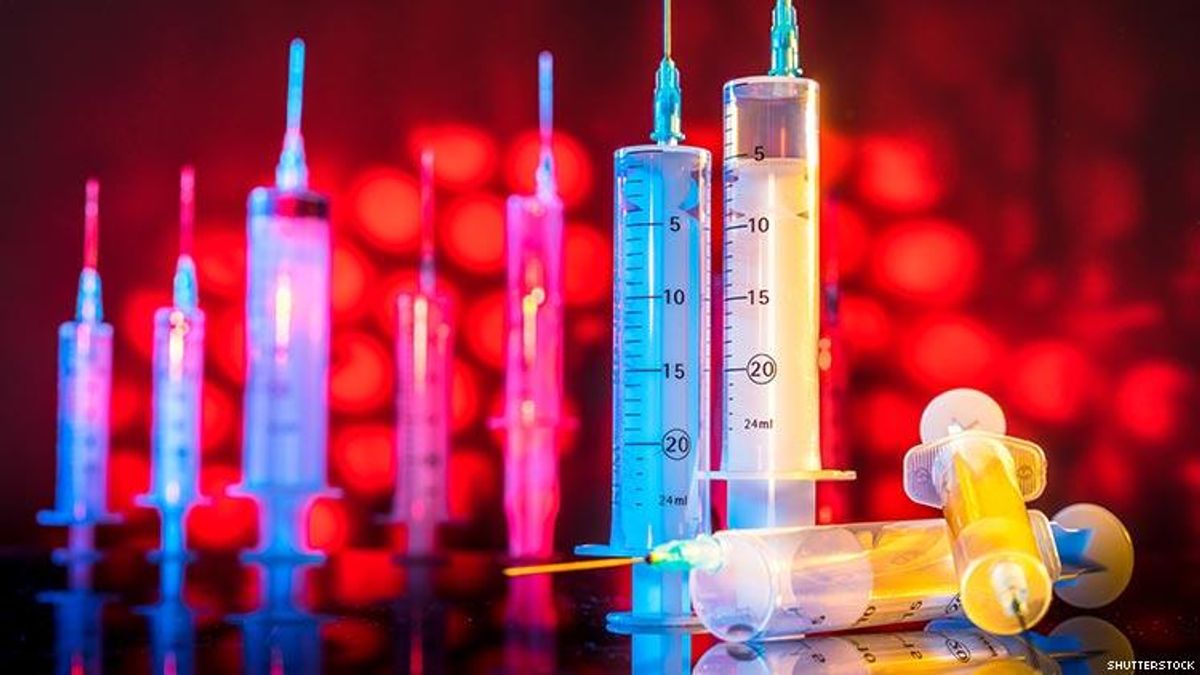Syringe services programs (also called syringe exchanges) distribute sterile needles to injection drug users and provide services such as HIV testing and links to treatment. They’ve been proven to reduce the spread of infectious diseases.The CDC surveyed injection drug users in Scott County, which was the first county in Indiana to set up an exchange after a historic 2015 HIV outbreak. The research found more than half of people surveyed who had taken an HIV test did so after the program was put in place, with the syringe services program the most common testing site — more than above clinics, homes and jails.Survey author Mary Tanner said even so, only 21 percent of the respondents got tested at the SSP.
“Most people who responded to our study had tested at our syringe services program, but that’s one of a total of ten different testing settings or testing opportunities that were available and utilized” she said.
The researchers say the results show the need to offer multiple points of contact for people who inject drugs.
The survey also showed a link between SSP use and greater awareness of pre-exposure prophylaxis, a daily medication that can reduce the risk of getting HIV through sex or injection drug use — another way to keep disease spreading through the community.
“The CDC does recommend people who inject drugs who are at significant risk of acquiring HIV should consider using PrEP as one method of reducing the risk,” said Tanner.
The survey only looked at people in Scott County, which has one of the most established of all seven of the state’s syringe exchanges.
Operators of the Scott County syringe services program have had better luck than others in the state at keeping their program running. Two programs shut down in 2017. And unlike other SSPs in the state, run entirely by private organizations or nonprofits, the Scott County program is run through the county health department and is open several days a week. (Even though a county can run a program, it is still barred by law from using government funds to purchase the syringes themselves).
Other programs are open only a few hours each week.
Tanner says that the new survey didn’t show anything necessarily surprising, but rather confirmed the value of the programs in reducing spread of HIV.
“The research that we did again just supports the value of SSPs, to that extent it could be helpful [to other struggling counties],” she said.
More than 200 people in Scott County have tested positive for HIV since a state of emergency was declared in 2015. The exchange is credited for slowing the spread of hepatitis C and HIV.















































































